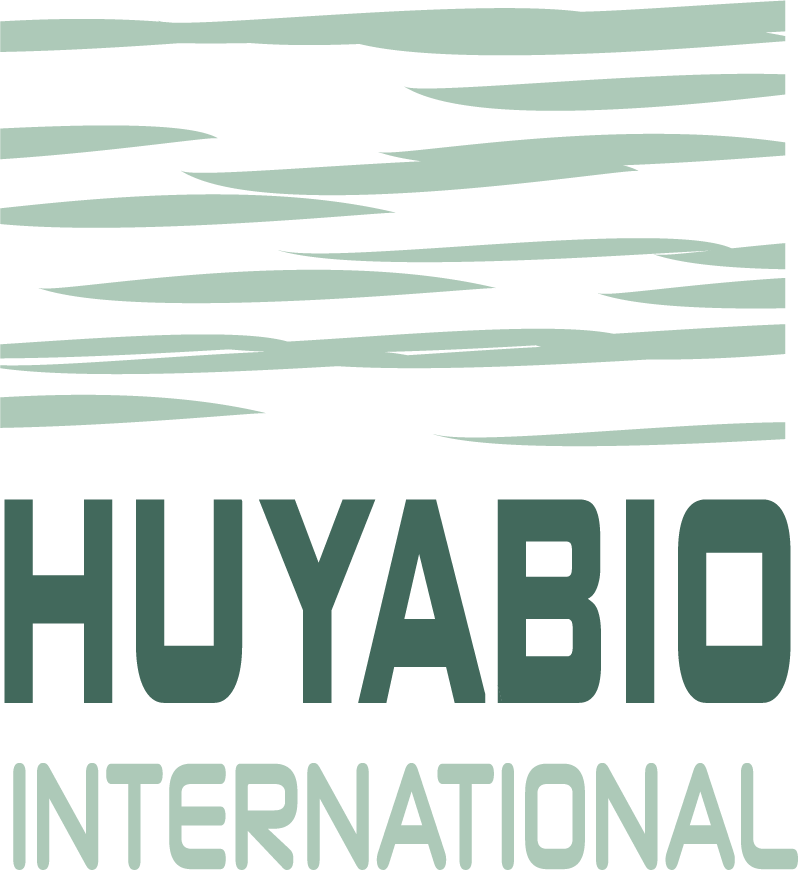Progress validates HUYA’s innovative U.S./China pharmaceutical co-development model
San Francisco, CA, USA, IBC Conference – March 3, 2008 — HUYA Biosciences International (HUYA), the leader in U.S./China pharmaceutical co-development, today announced the completion of three Phase I clinical trial protocols in China of a promising anti-arrhythmic compound, HBI-3000 (Sulcardine sulphate). The data from the trials support a desirable safety profile at dose levels displaying indications of pharmacologic activity. HBI-3000 is being developed as a potential treatment for both atrial and ventricular arrhythmias.
Anti-arrhythmic drugs are used today to treat patients with atrial fibrillation (AF), a serious condition that afflicts 5.6 million Americans. Anti-arrhythmic agents have also been used for the treatment of ventricular arrhythmias, although most have failed to demonstrate a survival advantage, and in some cases carry significant safety risk.
The main concern with anti-arrhythmic drugs is an increased risk of sudden death (Torsade de Pointes) in patients with underlying organic heart disease such as coronary artery disease, prior history of myocardial infarction and heart failure. A large subset of individuals with atrial and ventricular arrhythmias suffers from these conditions, precluding treatment with most existing anti-arrhythmic drugs. Development of safe anti-arrhythmic agents for use in these patients is needed. Pre-clinical data developed by HUYA and its Chinese partner, along with the Chinese clinical trial data suggest that HBI-3000 may have safety advantages over other anti-AF agents and exhibits broad spectrum ion channel inhibition without pro-arrhythmic activity that suggests it may also be safer to use in treatment of ventricular arrhythmias.
According to Mireille Gingras, Ph.D., CEO of HUYA, “the progress on this exciting new compound validates the efficiency and effectiveness of our co-development model with our Chinese partners. With HBI-3000, for example, we will have the opportunity to collaborate with our Chinese partners on their Phase II trials, which will be valuable in the U.S. development process. We leverage the knowledge and experience of both teams — in addition to existing Phase I data from China — to streamline and optimize that process in both countries. Our model sets a new standard for integrated, China/U.S. pharmaceutical co-development.”
HUYA’s Innovative Co-Development Model
HUYA was one of the first companies to recognize the potential of China as a source for novel pre-clinical and clinical stage compounds and pioneered an innovative co-development model. HUYA partners with Chinese research institutions and pharmaceutical companies to leverage and extend their research efforts, accelerate development, and provide a bridge into the U.S. development process and the biopharma market.
This model contrasts with that of large pharmaceutical companies whose approach is to start their own research facilities in China hoping to tap its large biotech talent pool, or that of smaller competitors with “one-off” single compound strategies. With three strategic offices in China, the broadest Chinese compound portfolio, and more exclusive agreements with premier Chinese biotech centers than any other company, HUYA is uniquely positioned to identify and license novel Chinese compounds. Moreover, the strength of its relationships with its Chinese partners ensures a continuous source of these compounds for the future.
One of the key differentiators of HUYA’s approach is the assembly of a world-class team of scientific and clinical advisors for each promising new compound, such as HBI-3000. This team collaborates with its Chinese partners and is then able to leverage and extend these efforts as the compounds enter the development process in the U.S, speeding the process and mitigating risk.
The U.S. advisors (announced in a separate release) for HBI-3000 comprise a world class team of scientists and clinicians including Benedict Lucchesi, Ph.D. MD, Peter R. Kowey, M.D., Dennis Roy, M.D., Jefferson L. Anderson, M.D., Eric J. Topol, M.D., and Stanley Nattel, M.D.
About HUYA
HUYA is the leader in U.S./China pharmaceutical co-development, formed to meet the global need for new, untapped sources of pre-clinical and clinical stage compounds. HUYA identifies the most promising new compounds in China and partners with Chinese research institutions to leverage and extend their research efforts, accelerate development, and provide a bridge into the U.S. development process and the biopharma market. With three strategic offices in China, the broadest Chinese compound portfolio, and more exclusive agreements with premier Chinese biotech centers than any other company, HUYA has pioneered the most innovative and productive approach for pharmaceutical co-development between the U.S and China.
Further information about the company is available at www.huyabio.com.
Editors note: HUYA CEO Mireille Gingras, Ph.D., will be available for interviews at the IBC Conference, March 3-4 in San Francisco.
Contact
USA:
Jan Tuttleman, Ph.D.
Vice President, Marketing
HUYA Bioscience International
(858) 798-8800
jtuttleman@huyabio.com
China:
Wen Chen, M.S., MBA
Director of Business Development
HUYA Bioscience International
86 (21) 51323312
wchen@huyabio.com
Media Contacts:
Amy Berry
(415) 793-2258
amyeberry@comcast.net
Juliet Travis
(510) 452-3771
juliet@travispr.com

